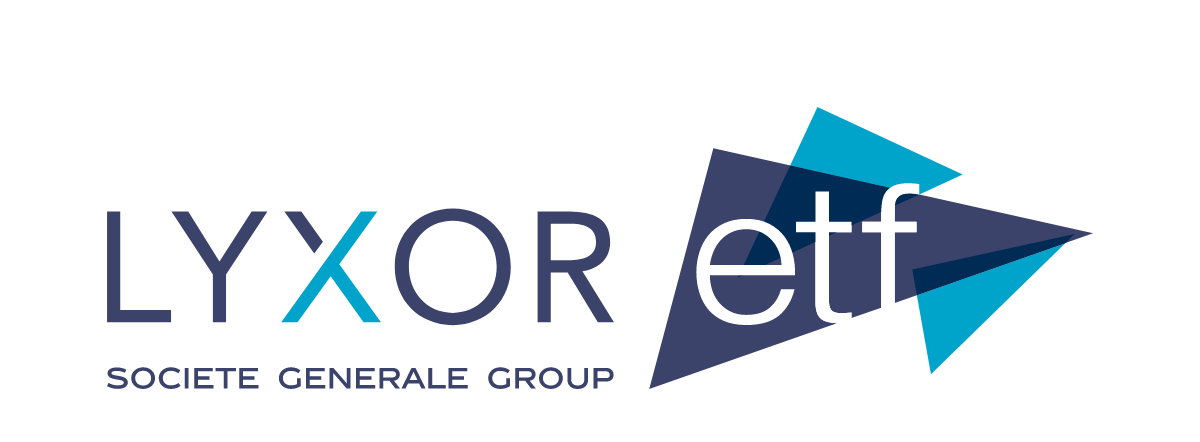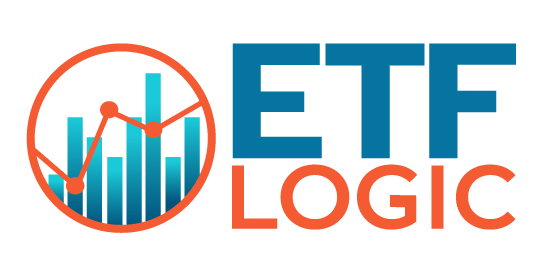Inflation has been the spectre looming over markets during the post-pandemic economic recovery and while most ETFs are being blighted by multi-decade-high price growth, a few candidates have stood to benefit from precisely this scenario.
One real success story so far in 2022 has been the $3.3bn Lyxor EUR 2-10Y Inflation Expectations UCITS ETF (INFL), which has come into its own during an otherwise bleak period for its fixed income peers.
Tracking the Markit iBoxx EUR Breakeven Euro-Inflation France & Germany index, INFL offers simultaneous exposure to breakeven inflation by capturing inflation-linked bonds in France and Germany while taking out short positions against equivalent French and German sovereign bonds.
According to ETFLogic, INFL has returned 9.3% so far this year, as at 19 April and 14.3% over the past 12 months – which is almost double the returns of the S&P 500 over the same period.
Also impressive is while JP Morgan expects bond fund inflows to fall by $1trn year-on-year in 2022, INFL has booked $615.5m inflows so far this year.
Elsewhere, the $934m iShares Agribusiness UCITS ETF (SPAG) has been an inflation winner thanks to an unforeseen black swan event – Russia’s invasion of Ukraine.
Offering exposure to 73 players involved in upstream and downstream production and distribution of agricultural goods, SPAG was ideally positioned for a conflict that disrupts two countries that constitute 30% of global wheat supplies.
The invasion of Ukraine saw wheat futures break their 2008 record by 6%. Since the start of the year, SPAG has enjoyed considerable returns of 27.7% and $563.8m inflows.
Finally, another perfectly timed – if more predictable – confluence of factors saw Brazil single country ETFs become some of the star performers of Q1.
Having been guilty of mismanaging and underplaying the COVID-19 virus, Brazil’s road to recovery was far more delayed than most economies around the world.
The country’s bounceback has coincided with most countries fretting about record inflation – including booming commodity prices – so the MSCI Brazil index’s 42% aggregate weighting to materials and energy and 25.4% to financials gives it not only the ability to ride the inflation wave but also a favourable value factor twist.
Benefitting from this was the $898m iShares MSCI Brazil UCITS ETF (4BRZ) which amassed $347.1 in new assets and 33.7% returns so far this year, as at 19 April.
Related articles





